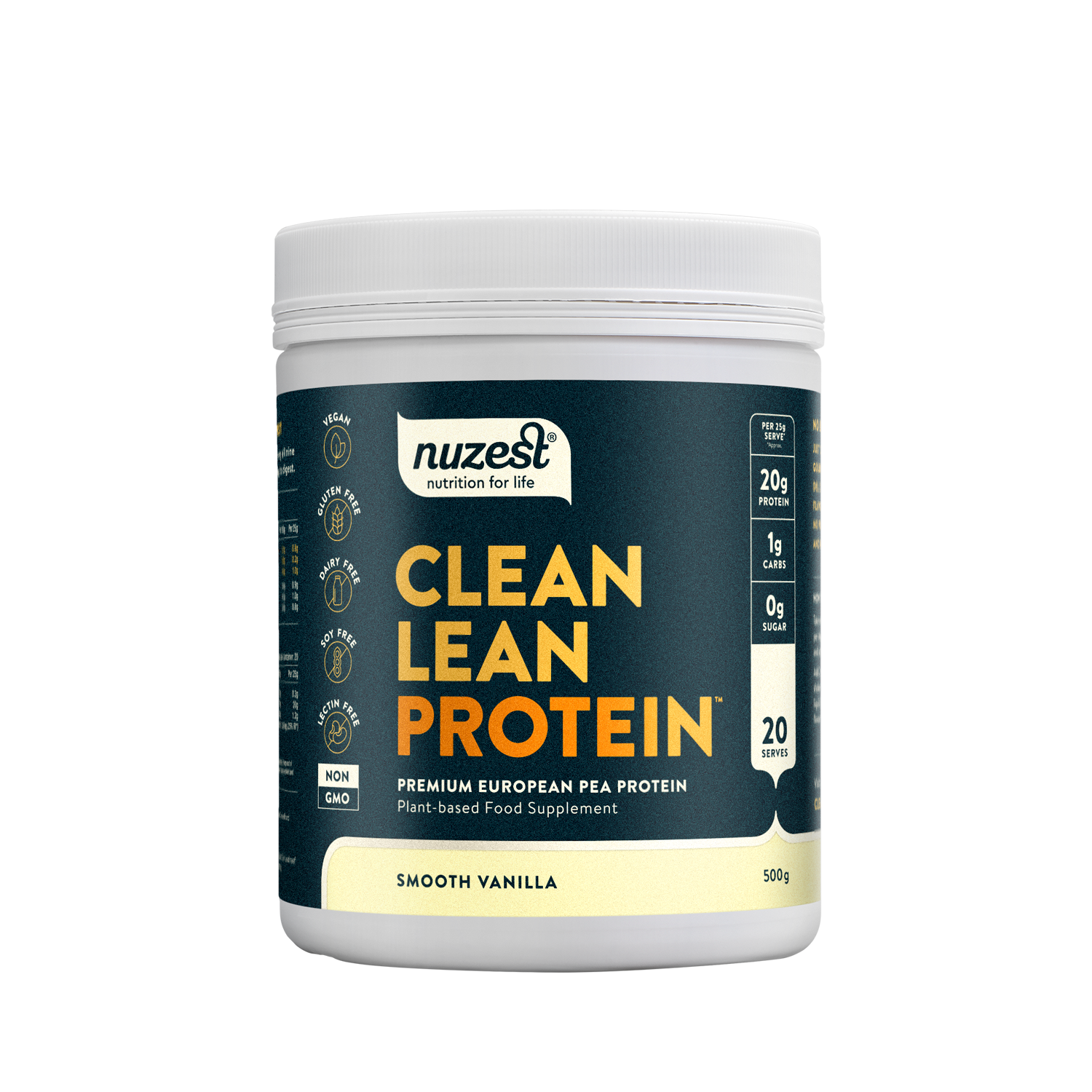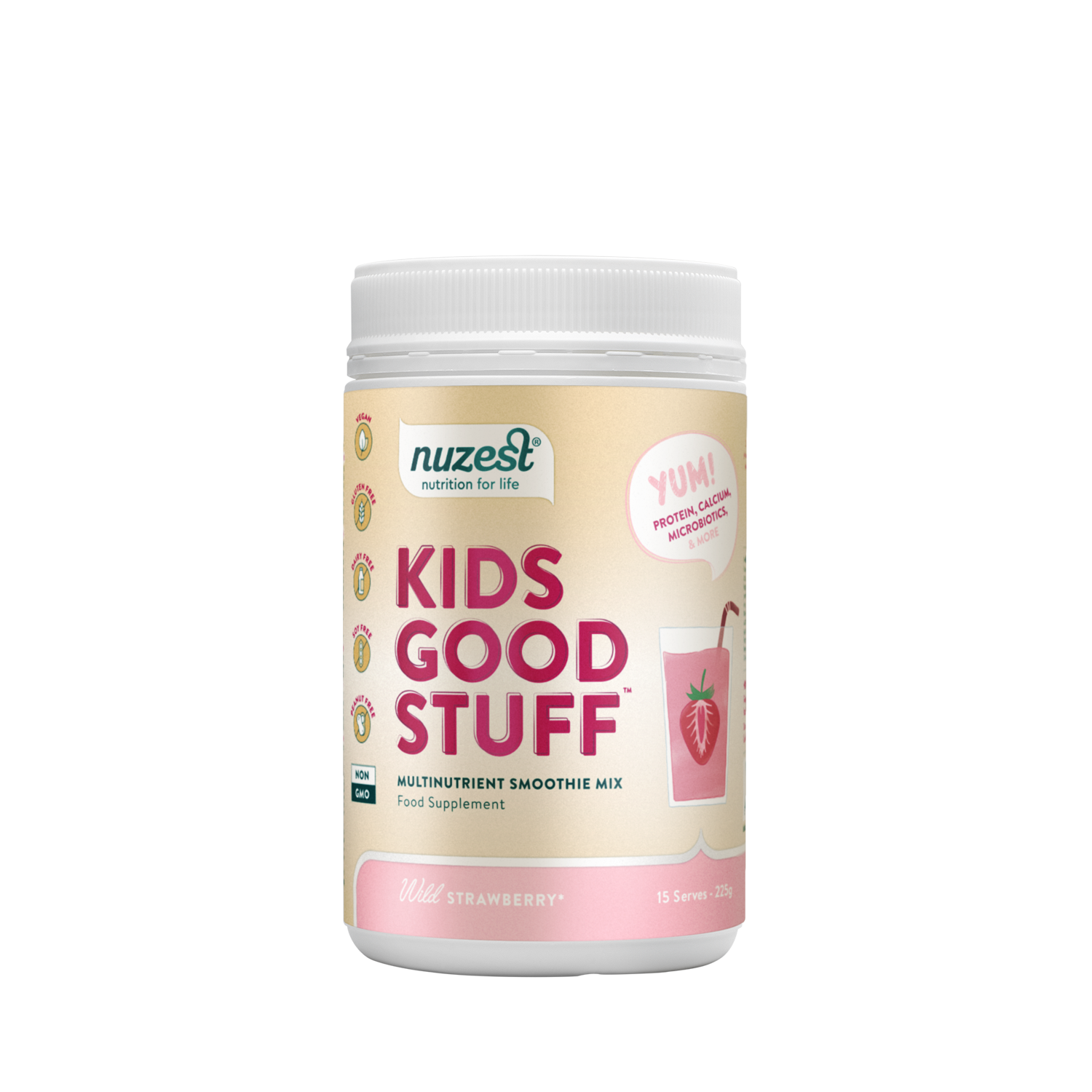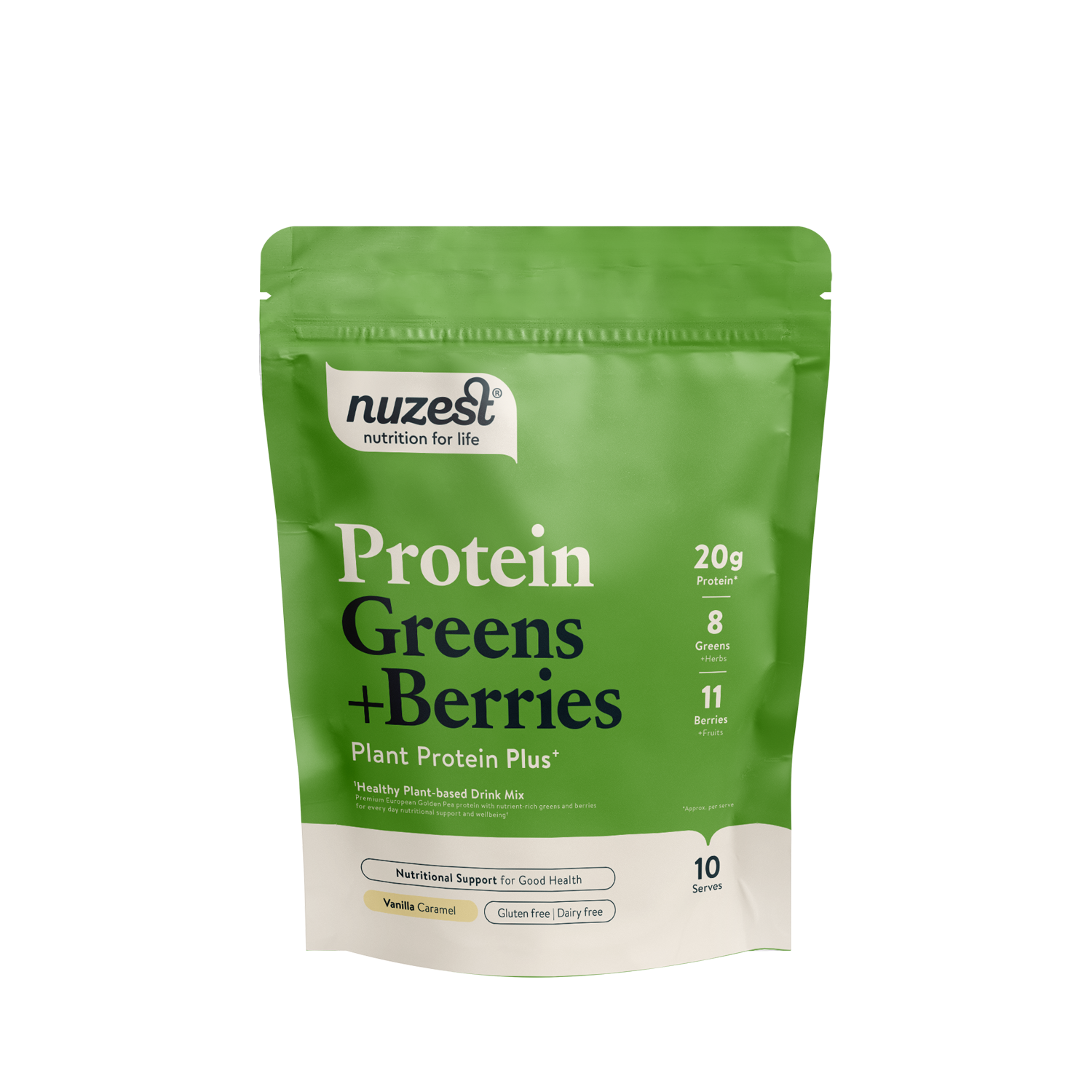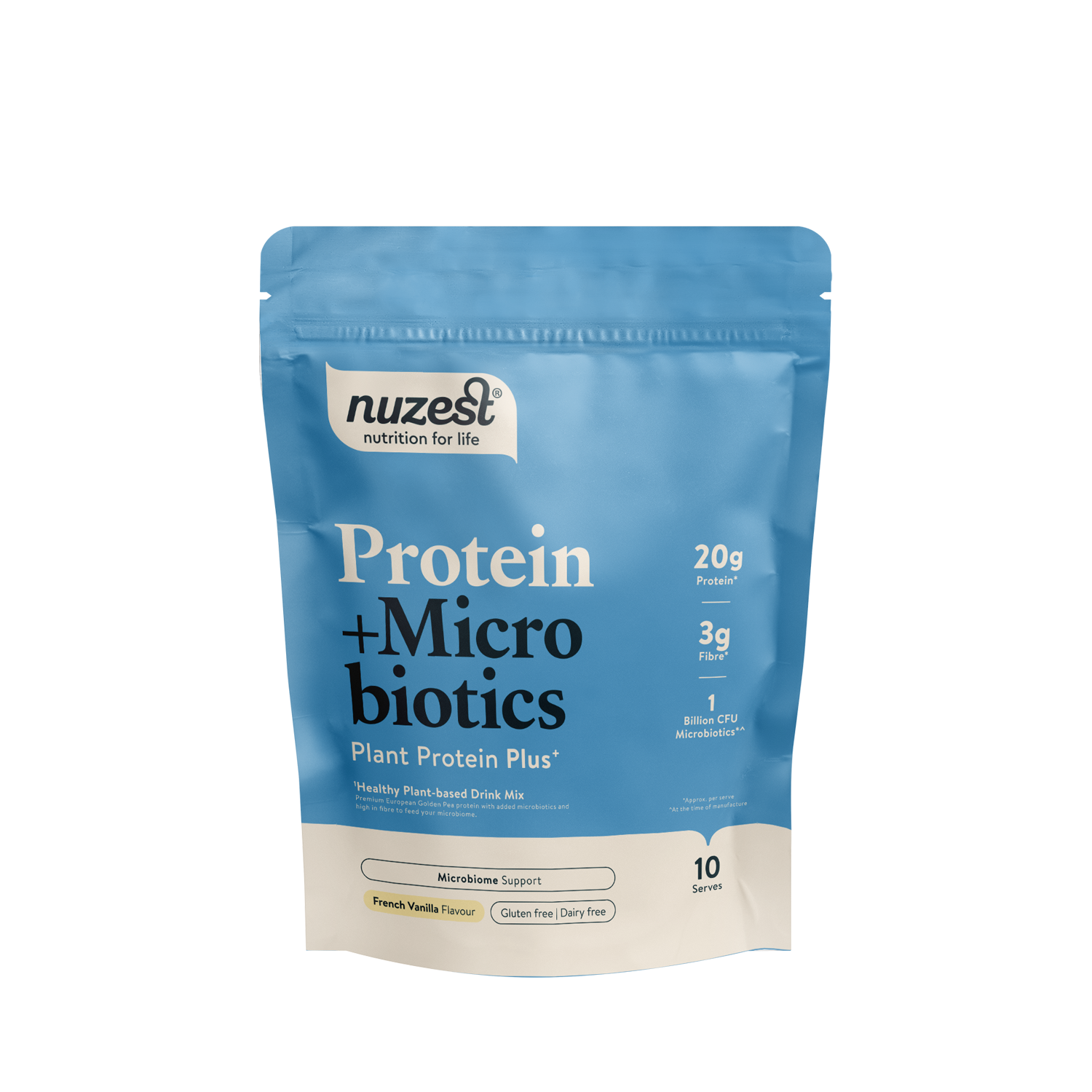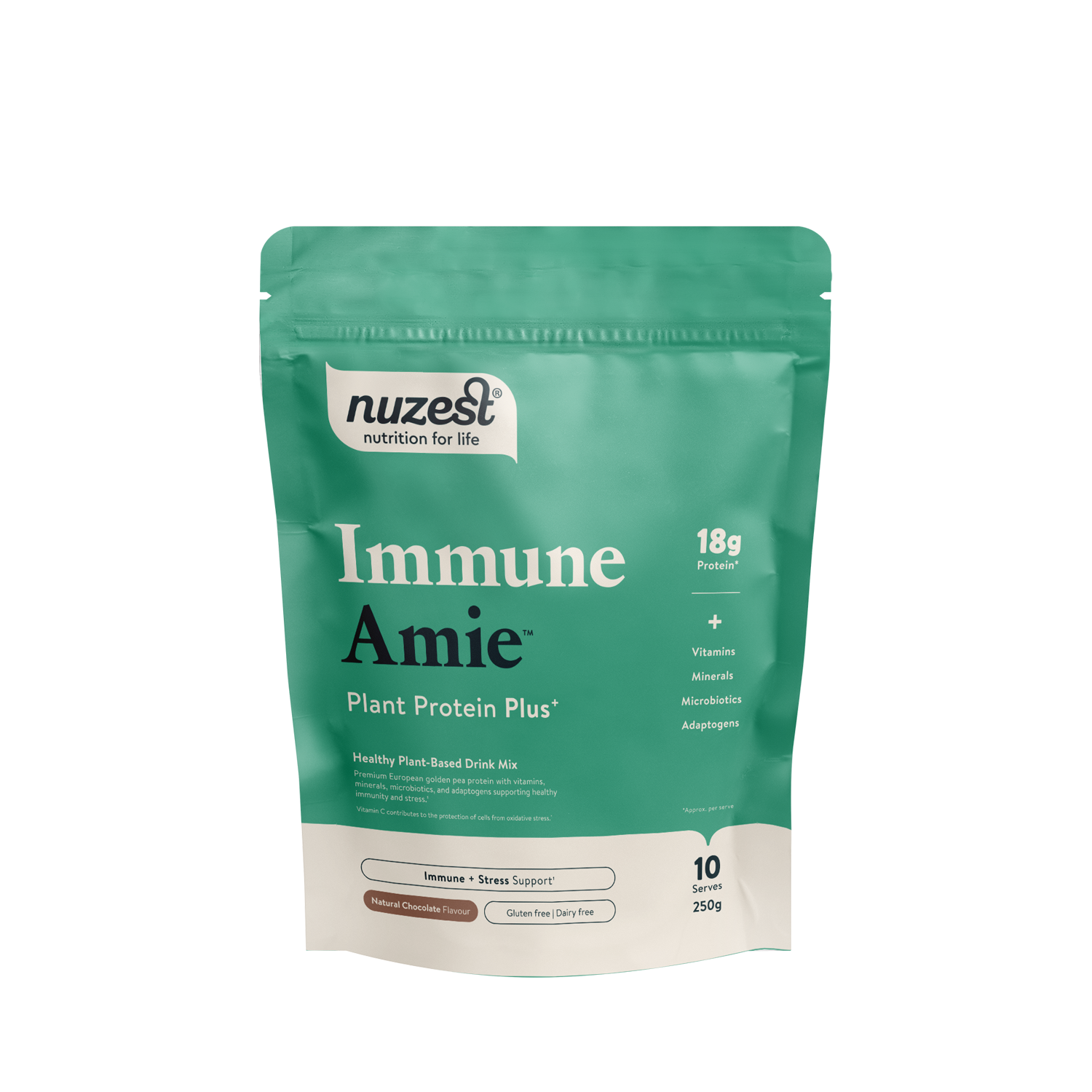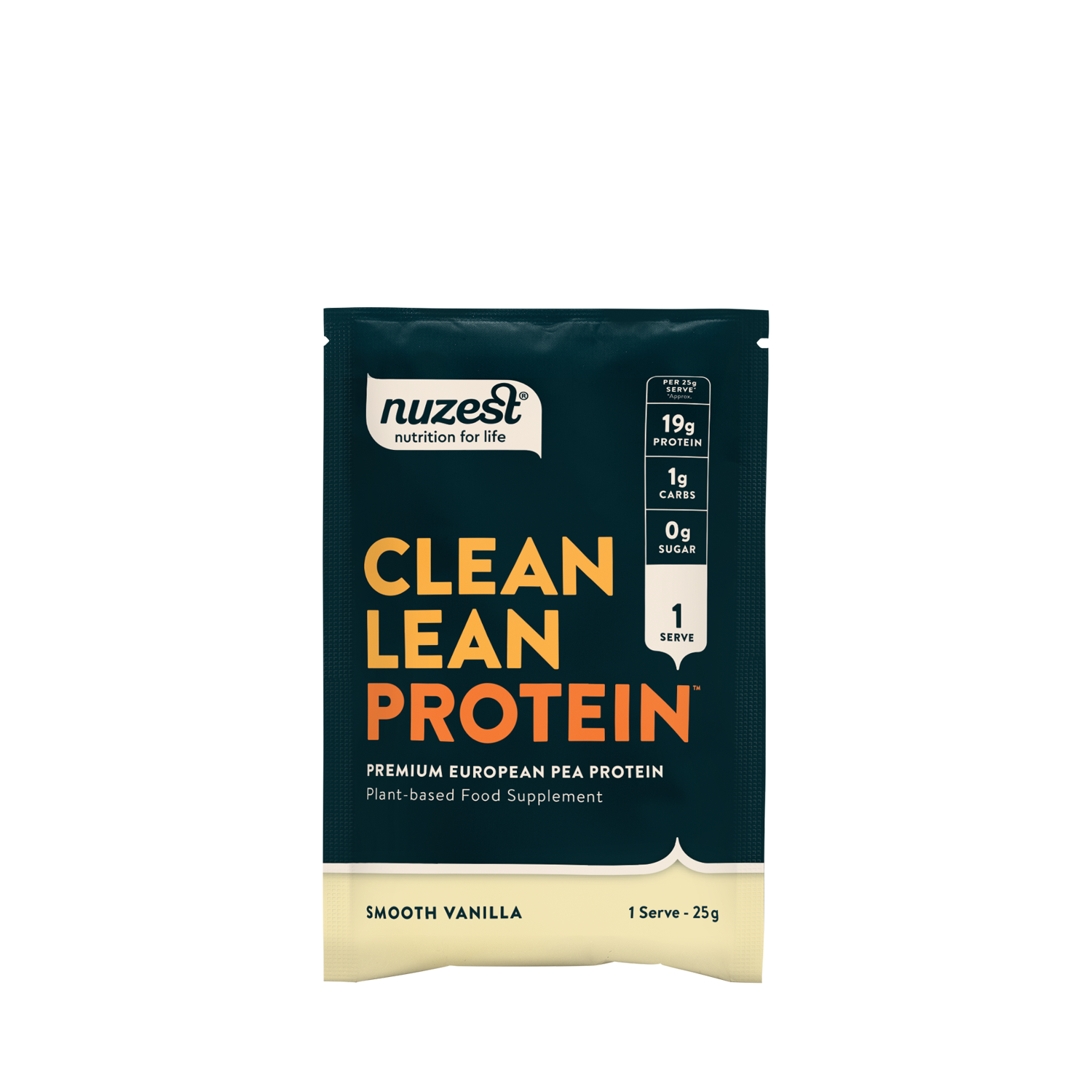Cauliflower
Brassica oleracea var. botrytis
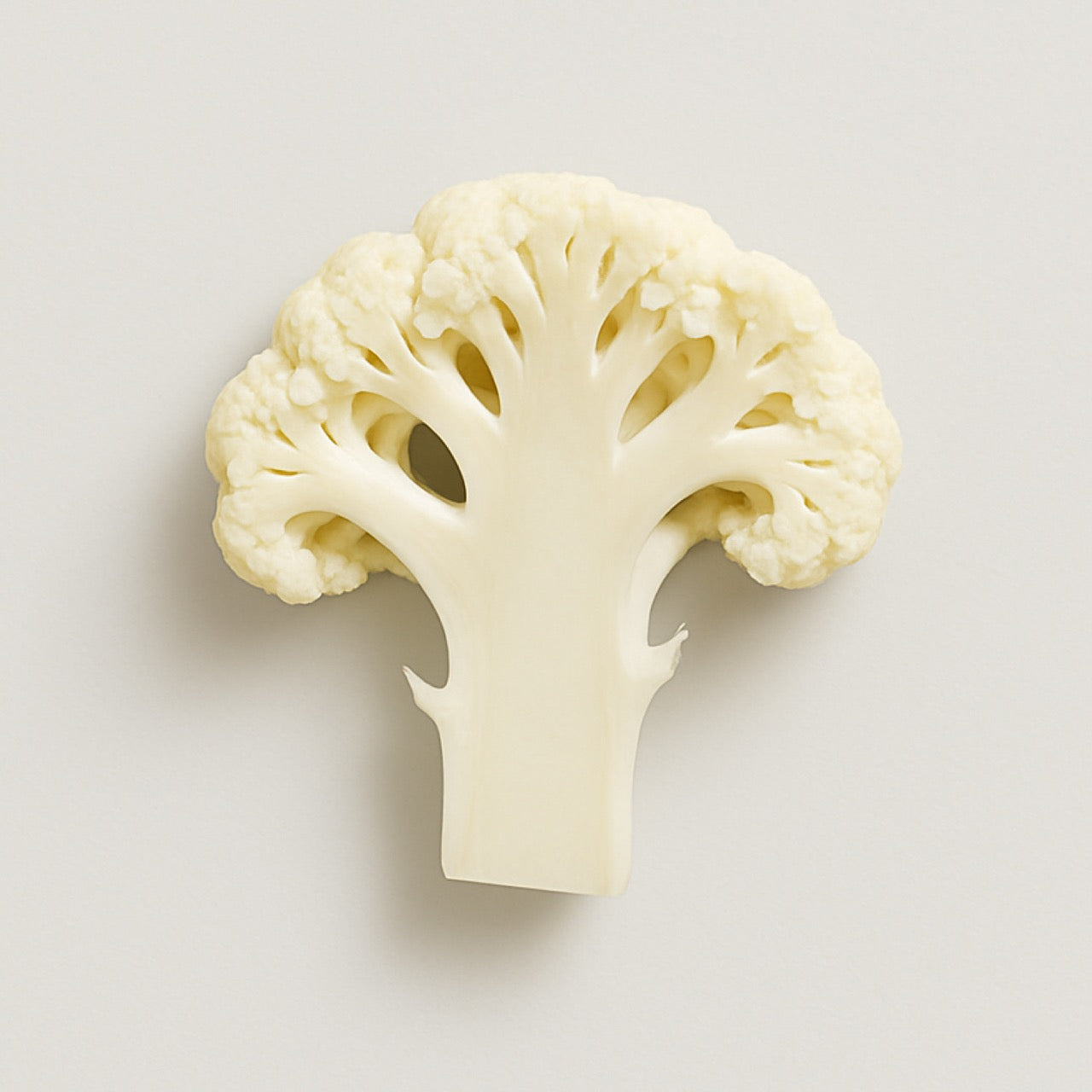
Cauliflower is a cruciferous vegetable from the Brassica oleracea species. It is used in a variety of culinary applications and sometimes dehydrated for use in health products.
Products:
Cauliflower and Cardiovascular Health
Cauliflower contributes to cardiovascular health through its content of antioxidants, dietary fibre, and compounds with anti-inflammatory properties.¹ ² The fibre aids in lowering cholesterol levels, while antioxidants such as vitamin C support heart health by reducing oxidative stress and inflammation.
Cauliflower for Blood Sugar Control
Its low carbohydrate and high fibre content contribute to blood sugar regulation by slowing glucose absorption. Additionally, cauliflower’s anti-inflammatory properties may support the management of insulin resistance, making it a useful vegetable for maintaining stable blood sugar levels.³
Cauliflower for Gut Health
Cauliflower also supports gut health through its fibre content, which aids digestion, promotes regular bowel movements, and contributes to a balanced gut microbiome. Its prebiotic effects help nourish beneficial gut bacteria, enhancing overall digestive function.⁴
Can Cauliflower Enhance Iron Absorption?
Cauliflower may enhance iron absorption due to its vitamin C content, which supports the body’s ability to absorb non-heme iron from plant-based sources.⁵
How Can Cauliflower Support Immunity?
Due to its high vitamin C content and antioxidants, cauliflower supports the immune system by aiding infection defense and reducing inflammation, thereby promoting overall immune health.⁶

